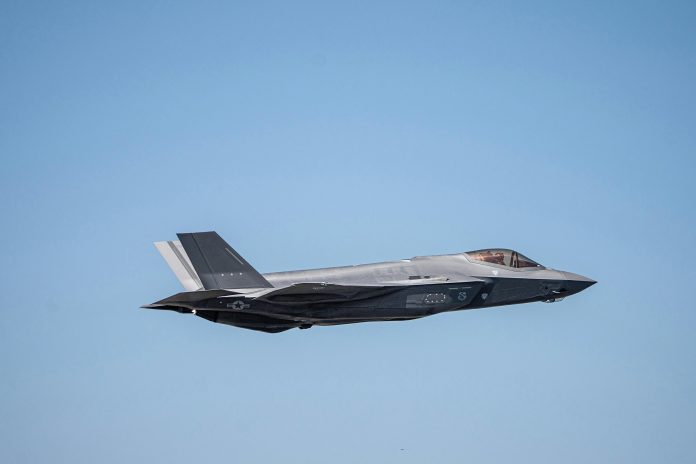
“The more the Saudis are given—the less incentive they have to normalize ties with Israel.” So warned Dr. Yoel Guzansky of Israel’s Institute for National Security Studies, epitomizing the tension hanging over Crown Prince Mohammed bin Salman’s high-profile visit to Washington. Far more than a weapons deal was at stake: the meeting with President Donald Trump had the potential to redefine the strategic architecture of the Middle East for the next decade.
The Saudi leader’s visit to the US will be the first since 2018 in a dramatically altered landscape-one of shifting allegiances, unresolved conflict, and an ambitious Saudi agenda of defense, technology, and economic transformation. A possible sale of 48 F-35 fighter jets, a US-Saudi defense pact, and sensitive nuclear cooperation talks are all tied into the question of whether Riyadh will move toward normalization with Israel.
For Washington, Riyadh, and Jerusalem alike, the negotiations represent a set of tough trade-offs between military advantage, diplomatic leverage, and long-term security guarantees. Here are nine key dimensions shaping the talks-and the strategic dilemmas they present.
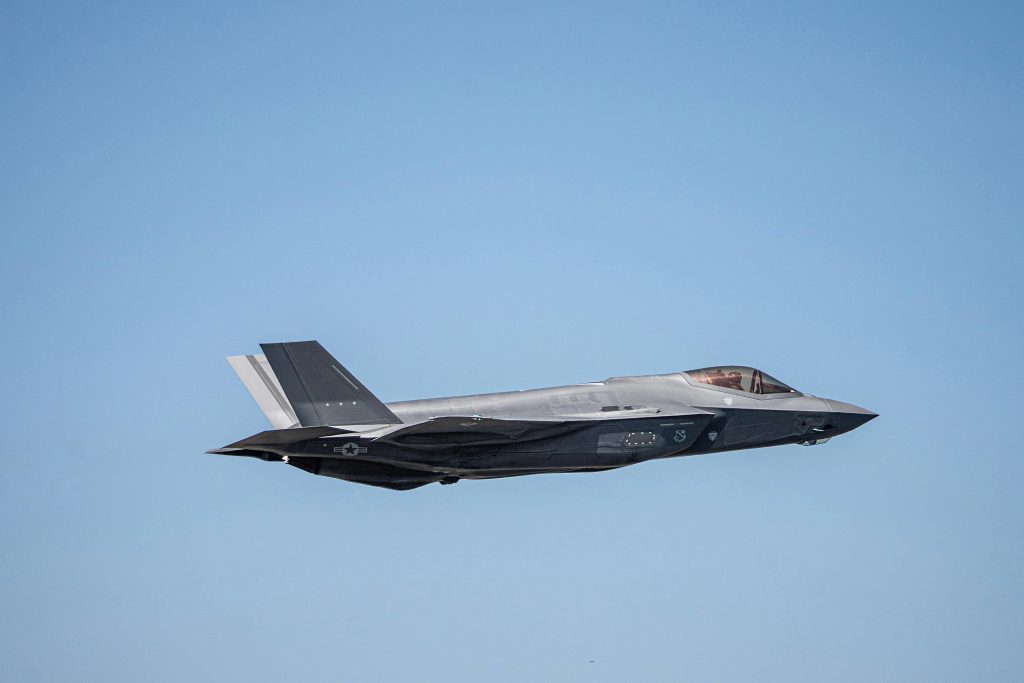
1. The F-35 Deal as a Diplomatic Lever
The possible sale of F-35s to Riyadh would mark a first. Israel remains the only operator of the jet – which combines intelligence, strike, and electronic warfare capabilities on one platform – in the Middle East. Israeli officials have made it clear to the Trump administration that any sale of the planes should be conditioned upon Saudi normalization with Israel. Without that, they say, Washington will be giving away a critical bargaining chip.
While making it clear he would proceed with the sale, calling Riyadh “a great ally,” the advanced technology makes the US intelligence community anxious about leaks – either to strategic rivals such as China or, in the case of Israel, erosion of the latter’s qualitative military edge, something codified in US law since 2008.
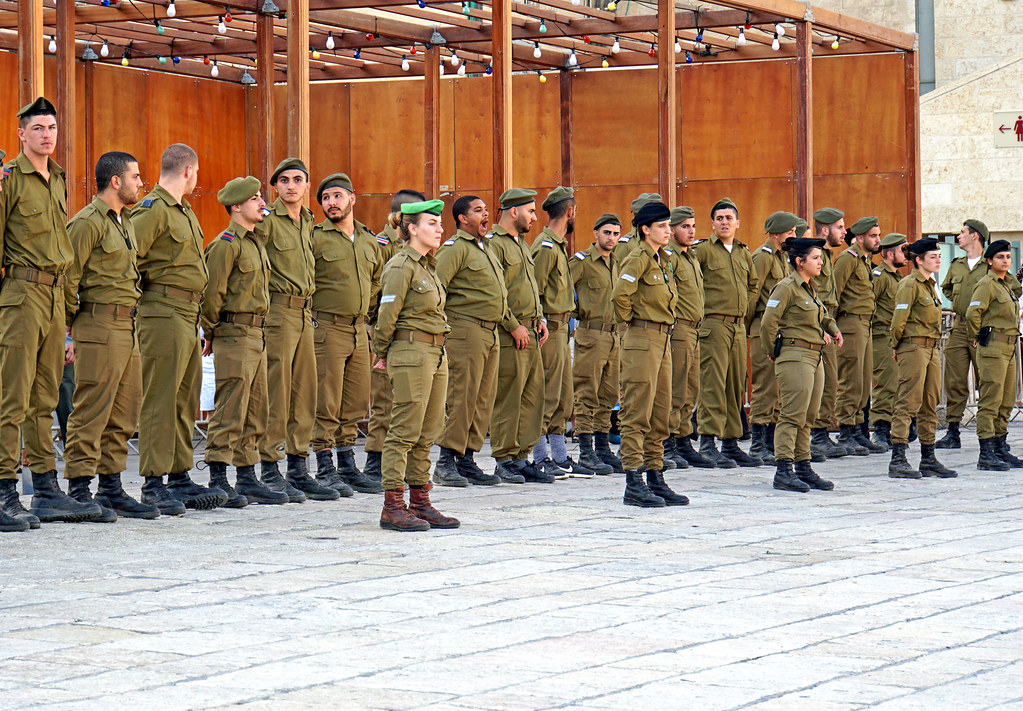
2. Maintaining Israel’s Qualitative Military Edge
US policy, through the supply of more advanced systems to Israel than to any Arab state, has ensured Israel’s QME since the early 1990s. The arrival of the F-35, which reached Israel in 2016, transformed its air force and gave it a truly deep-penetration capability against hostile airspace with minimal detection. It was during Operation Rising Lion that these critical stealth and sensor fusion capabilities proved decisive against Iranian defenses.
If Saudi Arabia bought the same generation of aircraft, then this would be the first time that an Arab state matched Israel in that domain. Supporters of the sale refer to years of operational experience and unique modifications that keep the edge with Israel. Critics counter that technology gaps narrow over time and when exclusivity is broken, it cannot be restored.
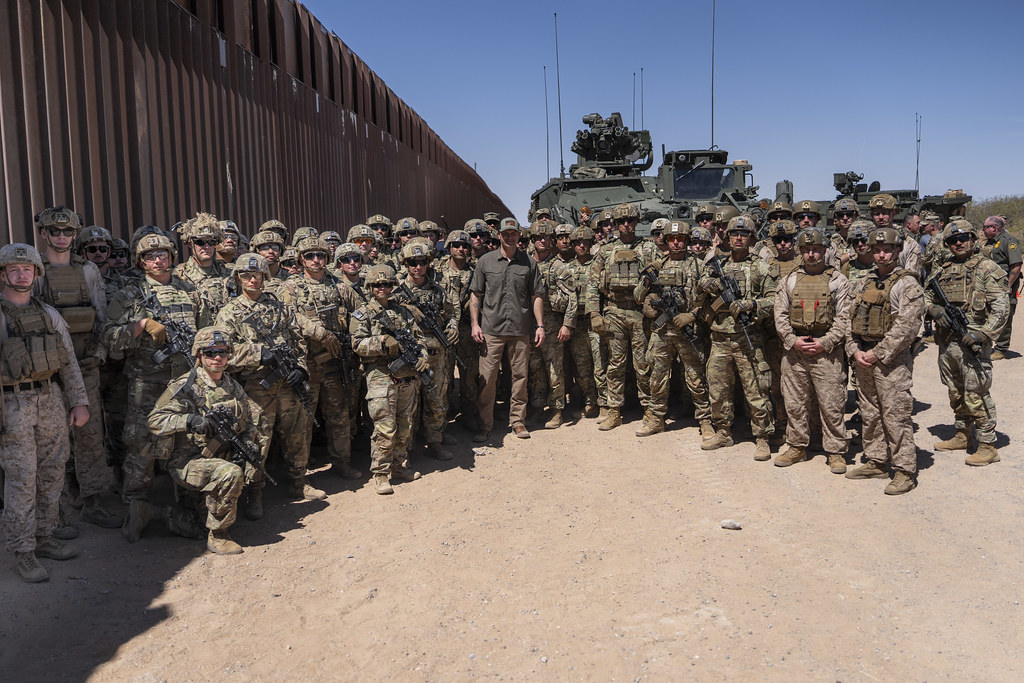
3. Riyadh Seeks a ‘Once in a Generation’ Defense Pact
Saudi Arabia seeks explicit security guarantees from the US, at least on par with the 1945 “oil for security” pact, but updated to today’s threats. Riyadh wants a politically binding commitment that a major attack on Saudi territory would be treated as a red line by Washington. This will remedy, to a large degree, what Riyadh perceives as a defense asymmetry within the GCC, but especially after Qatar received unprecedented US protection in 2024.
Such a pact would stop short of a formal treaty but could integrate Saudi and US defense systems in air and maritime domains, as with the Comprehensive Security Integration and Prosperity Agreement signed with Bahrain.

4. The Palestinian Statehood Condition
Riyadh has said from the outset that it would join only with a credible, time-bound pathway to Palestinian statehood based on pre-1967 borders – a position, Palestinian Authority officials say, it has reaffirmed in closed-door assurances to them. So far the Netanyahu government has refused such a commitment, and it forms the biggest gap in the trilateral negotiations.
Conditioning the sale of F-35s on normalization is one way that Israel can get concessions out of Saudi Arabia. The linkage to normalization with Palestinian statehood is a means whereby Riyadh can preserve its leadership role in the Arab and Islamic worlds.

5. Nuclear Cooperation and Proliferation Risks
One of Riyadh’s stated preconditions to normalization is a bilateral civilian nuclear agreement. The Biden administration has sought a deal that would allow US companies to build Saudi reactors and grant the kingdom a stake in a US-based uranium enrichment facility, while delaying domestic enrichment in Saudi Arabia for at least a decade. While supporters see it as a way to further Saudi Vision 2030 energy diversification and to help the US nuclear industry, critics also warn that even a deferred enrichment option might embolden Saudi ambitions for parity with Iran’s nuclear capabilities and could trigger a regional arms race.

6. Multi-Aligned Saudi Defense Strategy
Today, the Saudi security doctrine mixes US partnership with diversified alliances, now including a mutual defense agreement with Pakistan inked in September 2025. This approach can insulate the kingdom from threats such as Iran by reducing overdependence on any single power. At the same time, Riyadh officials emphasize that such alliances must complement and not conflict with US interoperability. An F-35 sale and a US defense pact would anchor Washington’s role as the central pillar in this multi-aligned strategy.

7. Technology and Economic Ambitions
Beyond defense, the program includes a Saudi-US Investment Summit on energy, infrastructure, and advanced technology. Riyadh has been pushing for access to cutting-edge semiconductors in addition to the May 2025 agreement to purchase chips from Nvidia. The technologies are viewed as key both to economic diversification and localization of Saudi defense production. According to Princess Reema bint Bandar, Saudi ambassador to the US, the modern alliance is “built on technology and innovation,” a shift from the traditional oil-and-defense foundation.
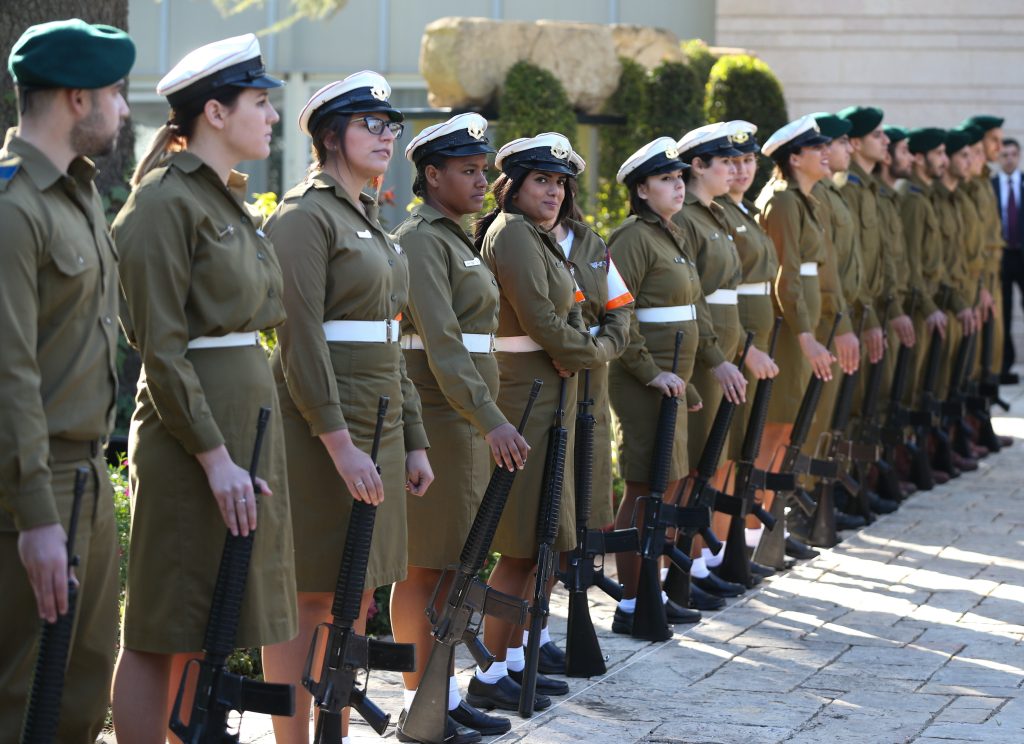
8. US Domestic and Congressional Calculations
Any defense or nuclear deal with the Saudis will face close scrutiny on Capitol Hill, where lawmakers worry about human rights, proliferation risks, and what it all means for Israel’s security. A civil nuclear agreement would go into effect under the Atomic Energy Act unless Congress passes a resolution of disapproval a high bar to clear. Linking the deals to Saudi-Israeli normalization might enhance their prospects, as bipartisan support for such a breakthrough remains strong. Israeli acquiescence, or at least muted opposition, would also be a help.
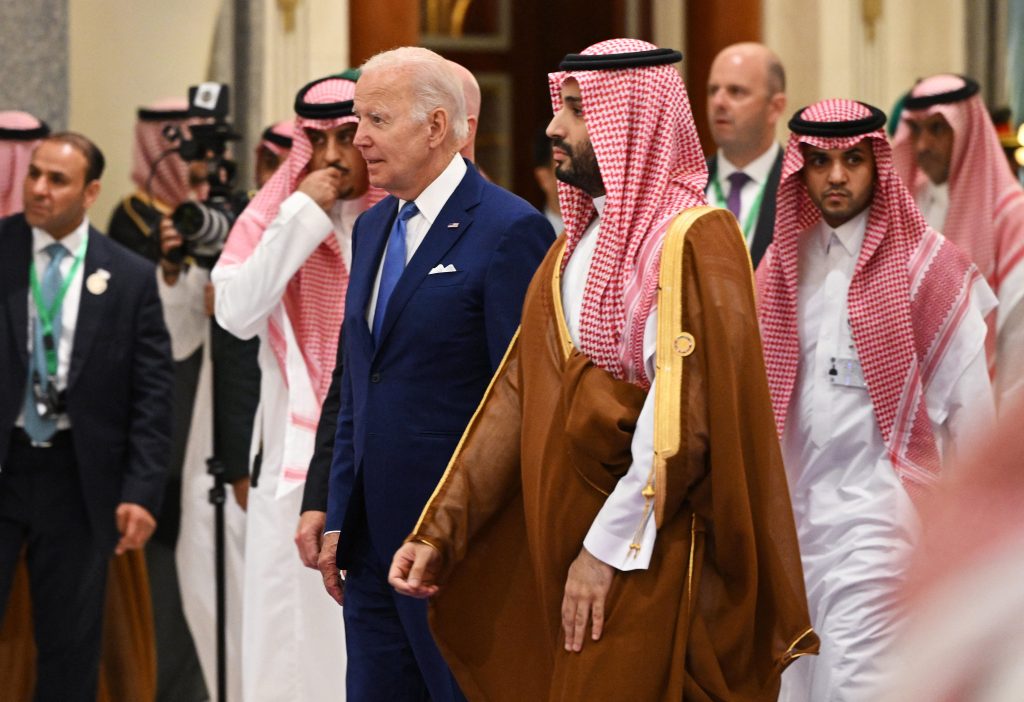
9. Timing Pressures and Electoral Politics
The window is rapidly narrowing for negotiators. US elections in 2026 complicate congressional approval for any binding security guarantees or politically sensitive arms sales while the ongoing Gaza conflict continues to delay agreement over Palestinian statehood further complicating an entire trilateral package. One idea on the table is going ahead independently with less controversial elements-like civil nuclear cooperation-and holding off on normalization and defense guarantees.
But this probably sacrifices the leverage that can be derived through bundling the agreements. More than just a ceremonial reaffirmation of ties, the Trump–bin Salman meeting represents a strategic inflection point. The interplay between advanced weapons sales, security guarantees, nuclear cooperation, and normalization diplomacy will influence not only US-Saudi relations but the regional balance of power. Whether Washington can satisfy Riyadh’s ambitions without undermining Israel’s qualitative edge-or its own non-proliferation principles-will determine if this visit is remembered as a breakthrough or a missed opportunity.
